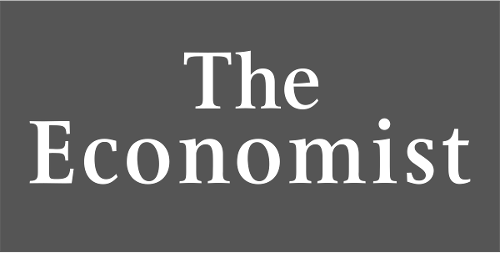Foundation of a Holding Company in Liechtenstein
Holding Companies in Liechtenstein
A Holding Company in Liechtenstein is a legal entity which has its registered office in Liechtenstein. It is not a distinct legal structure. The purpose of a Holding Company in Liechtenstein is exclusively or almost exclusively the holding and administration of, for example, investments, incorporeal rights and real estate. The Liechtenstein legal structures which are especially suited to the taking on of holding functions include the Foundation, the Establishment and the Trust Enterprise (Trust reg.).
To understand the functions of a Holding Company in Liechtenstein, a distinction needs to be made between the different types of Holding Companies. The various types of Holding Company in Liechtenstein include: the operational holding which is commercially active; the management holding which exercises competence in all financial and strategic questions and which does not carry out any operational activity itself; the finance holding where the Holding Company is exclusively responsible for financial questions and the organisation holding which is similarly so and which deals with complex firm structuring.
Please contact us for a non-binding enquiry by phone or e-mail or use the contact form at the bottom of this page.
Foundation of a Holding Company in Liechtenstein
The formation, service and separation models are used in the forming of a Holding Company in Liechtenstein. A Holding Company in Liechtenstein may be formed through the formation and acquisition of investments, through the contribution of already existing investments or may be formed through the separation and transfer of assets to a subsidiary company.
The legal form in which the Holding Company is set up will determine what the particular formation requirements are.
Preferential Taxation of Holding Companies in Liechtenstein
Following the entry into force of Liechtenstein’s new tax law on 1st January 2011, tax is no longer required to be paid by a Holding Company in Liechtenstein on its net investment proceeds. This is irrespective of the amount and the holding period of the said investment. Consequently, no tax is required to be paid on dividends and capital gains from the sale of investments to domestic or foreign legal entities in Liechtenstein.
Income Tax
A Holding Company in Liechtenstein must pay an annual flat income tax rate of 12.5% on its taxable income. The foreign permanent establishment profits, rental profits from foreign real estate, dividends and capital gains of a Holding Company in Liechtenstein are not subject to corporate income tax in Liechtenstein. Moreover, when calculating the tax liability of a company in Liechtenstein, a deduction of 4% is to be deducted due to the interest deduction on equity capital. The minimum income tax is currently 1,200 Swiss Francs.
Preferrential Taxation of Private Asset Structures (PAS)
A Holding Company in Liechtenstein which qualifies as a Private Asset Structure (PAS) under Liechtenstein’s new tax law is required only to pay the minimum income tax of 1,200 Swiss Francs. This preferential taxation is applicable only to legal entitieswhose sole purpose is the management of assets and who do not undertake any commercial activity.
Exemption from Taxation
As a result of Liechtenstein’s tax reforms, the capital tax was abolished as was the income and coupon taxes distribution surcharge. Notwithstanding this, the coupon tax exemption does not apply to those old reserves that were in existence as at 31st December 2010. Consequently, the distribution of the old reserves was subject to the reduced tax rate of 2% in 2011 and 2012 and is subject to a tax rate of 4% in the years thereafter.
Furthermore, income from intellectual property rights created or acquired on or after 1st January 2011 is subject to an 80% tax exemption. The said income is consequently subject to an effective tax rate of 2.5%.
The Carrying Forward of Losses and Group Taxation
Liechtenstein’s tax reform has made it possible for losses to be carried forward without any time restriction. Moreover, the gains and losses made by group companies in Liechtenstein are able to be set off against each other. However, it is required that the legal entity making such an application be subject to unlimited tax liability in Liechtenstein and consequently have its registered office or actual administration in Liechtenstein. The said legal entity must further hold a majority shareholding in domestic or foreign legal entities. Where the legal entity making the application is subject to only limited tax liability in Liechtenstein, it must have a branch in Liechtenstein to which the investments can be allocated.






